How Weaker Brothers May Begin to Boss Christians About Social Justice Issues
Yesterday I explored how weaker brothers have tended to boss other Christians.1
In so many words, I said weaker brothers ought not do that. That’s because weaker brothers are, you know, weak. They deserve special love and consideration—not authoritative leadership about the thing they struggle with.
Weaker brother bosses have wielded the most authority in these areas:
- Music. This includes the anti-“rock beat” examples I cited yesterday. Or weaker brothers might insist that certain instruments or music styles be required in/banned from church services.
- Holidays. Weaker brothers can insist they must celebrate versions of original Jewish holidays (as in Romans 14). Or they may insist that Christians not celebrate newer sacred/secular holidays (such as Christmas).
- Food. Weaker brothers may try to enforce Old Testament dietary law (real or imagined). Or, in a less “spiritual” version, they might have legitimate (or perceived) food allergies, and insist all others (1) have similar weaknesses, (2) follow the same prescriptions.
- Popular culture. Weaker brothers may associate evil motives with genres or media devices. They may confuse their own weaknesses or opinions/traditions with biblical “rules” against different kinds of popular culture.
As I said yesterday, I’ve seen less weaker brother bossing about these issues. Maybe I have better friends now. But I’m certain weaker brother bossing still happens. However, I still see plenty of weaker brother bossing around Christian circles. And I want to explore, very carefully, one field in which Christians are doing this all over again.
Weaker brothers are bossing us about social justice issues.
Yes, this is a sensitive area.2
Here, a few specific names and situations do leap to mind. But I’m not thinking mainly of specific individuals. This is more of a ethos, almost an aesthetic, that I think I’ve detected.3
But I think it’s worthwhile to attempt an explanation of what I’m discerning today.
This starts with a very hypothetical story. It presents a possible, typical example of weaker brothers who have grown into social-justice-issues “bosses.”
Birth of a new form of weaker brother boss
Childhood to teen years
- Our brother is born in an evangelical Christian family.
- This brother grows up evangelical environments, such as churches and schools.
- He’s also exposed to a lot of evangelical popular culture, such as Sunday schools, radio dramas, and videos.
- As a result, this brother learns a particular form of very church– and explicit-missions-centric faith.
- When our brother learns about the extra-church world, he mainly hears about conservative social and political causes.
- Our brother hears vaguely about racism, poverty, and other issues. But he perceives his church/family leaders associating these only with anti-Christian and leftist causes.
- Our brother remains fairly certain the gospel is true, but (vaguely?) wonders what he might be missing.
Teen years to young adulthood
- In later teen and college years, our brother discovers plenty of educational material that he missed before. (This can include church history, Reformation doctrine, or missional viewpoints of human culture.)
- Brother gets a spiritual second wind. It may almost feel like a “second blessing.”
- This time can renew our brother’s faith. He’s not just “riding on his family’s coattails.” He’s wrestling, making the faith his own.
- Brother may also experience the first of several “cage stages.”4 (This term originally referred to a person who accepts Reformed theology and turns obnoxious. People, however, often have cage stages about lots of things.)
- During this period of questioning, our brother can’t help wondering: How did I miss all this? Why didn’t I learn it earlier?
- Unfortunately, a sense of irritation, or even blame, may now set in. Our brother begins to question his evangelical forebears, including parents and pastors. Why did these people ignore or even reject these truths for so long?
- On a doctrinal level, our brother re-evaluates (perceived?) standard evangelical tropes about other ethnic groups, other nations, and people in poverty.
- On a personal level, our brother begins to feel empathy with marginalized persons. He might have been marginalized in the past, or is being marginalized in the present. Or he perceives either marginalization.
Adulthood: the new boss wields spiritual authority
- If our brother attends an evangelical college or seminary, he gets legit training about preaching, teaching, and leadership.
- At such an institution, he gets exposed to many growth opportunities.
- But he also gets hit with many frustrations with evangelical power structures and/or just plain humans being human.
- Very possibly, he feels increasing detachment and resentment against older evangelicals. Why didn’t those people get it?
- Twitter occurs. Our brother can’t help sharing his thoughts aloud. People agree. People disagree. Either way, his thoughts get instant results.
- The Trump election occurs. Thinkpieces and blameblogs multiply like radioactive rabbits. Our brother sees even more hypocrisy among older evangelicals. They seem to have switched. They no longer say, “A president’s character matters.” Instead they say (at best), “He’s a scumbag, but he’s our scumbag,” or else say (at worst), “He’s God’s chosen leader like David/Cyrus of old.”
- All along, our brother also inherits (without challenging) some impulses from conservative and seeker-friendly Christianity: Thou shalt do whatever thou must to win souls to Christ Jesus. But whereas previous generations enlarged churches, simplified sermons, and invested in professional bands, such Baby Boomer–attracting strategies now seem as retro as hymnbooks and organs. Where now is the new way to attract seekers and show that Christians aren’t like those dullard hypocrites of old? That’s right—social justice issues (SJI).
- It all fits: SJI is not doctrinal compromise, but is in fact a plain teaching of Scripture that Christians have missed. If you advocate SJI, you are not like previous politically dominating evangelicals, because this time you’re fighting for people the Church has ignored. And SJI is not just a megachurch trick to attract non-Church to the gospel, because advocating for SJI in fact invites criticism (from within the Church)—right?5
- From here, the brother goes forth. He goes forth on social media. Into life. Into churches.
- If he’s rising in the leadership ranks, he networks at conferences and evangelical websites.
- When he speaks on this, he gets pushback. Rudest, nastiest responses rise to the top. These persuade him he’s on the right course.
- By contrast, the more rational, kinder pushback gets lost in the clamor—or he can’t help but fail to hear it among the louder replies.
Next week, I’ll resume this series. Very carefully, and without name-naming and with plenty of speculation, we’ll explore the hazards of SJI weaker brother “bosses.” Then I’ll attempt some suggestions about how stronger Christians can be sensitive to these weaker brothers.
- “Weaker brothers” includes sisters because the Greek term adelphoi is inclusive. As I also mentioned yesterday, the phrase weaker brothers comes from Romans 14. Here, the apostle Paul urges Christians to be welcoming and sensitive to concerns of “the one who is weak in faith” (verse 1). This person believes he must celebrate certain religious holidays. See also 1 Corinthians 8–10. Here, Paul refers to “the weak” (1 Cor. 8:9) person who believes she can’t eat meat sacrificed to idols. ↩
- Disclaimers for the phrase, “Weaker brothers are bossing us about social justice issues (SJI)”:
- No, this doesn’t mean all Christians who are concerned about social justice issues (SJI).
- This also doesn’t mean all Christians who merely behave badly and/or are wrong about SJI.
- Nope, I don’t imply that any Christian concerned about SJI is motivated by a tragic testimony about their temptations.
- Plenty of Christians are just as nasty, if not more so, against SJI. They may often conflate “pure religion” (James with politics.
- Plenty of Christians wrongly conflate legit SJI with leftist definitions. So they “throw the baby out with the bathwater.”
- This does not single out Christians who belong to a particular ethnic group or race.
- This does not mean I advocate “color blindness.” Yes, I know that many Christians mean well by the phrase. No, I don’t think the phrase is useful any more. A Christian who says this may mean, “I don’t care what you look like.” But a minority brother or sister can’t help only hearing, “I don’t care.” In this case, even if the minority family member is (hypothetically) a weaker brother about this phrase, we must follow the apostle Paul and be sensitive and loving!
- Some Christian leaders are simply too new to the issue that I doubt they’re technically qualified to speak to it. They don’t count as weaker brothers. They’re just weak sources. In my very tentative perception, they are not (yet) qualified to speak on the topic. For instance, David Platt at last year’s Together for the Gospel conference tried to explore some SJI. He confessed he spoke as a “white” individual who had just begun to discern how “white” evangelical institutions can be. However, Platt also confessed he felt inadequate to speak about the topic because he was so new to it. When I listened to his message, I couldn’t help thinking in a compassionate sense, “Well then, do you need to leave the stage?” I have gained a lot more about social justice issues from Christian leaders who have spent much longer wrestling with these issues in ministry. So far, the best leaders on this issue have already proven they can help reconcile, not just general “groups,” but actual humans in actual communities.
If other disclaimers occur to me later, I’ll add them here. ↩
- Previous weaker-brother bosses about music/food/and so on have been more easily discerned years later. So this problem may become a lot more clear in the future. ↩
- R. C. Sproul Jr. defines it this way: “’Cage-stage‘ describes an all too common phenomenon wherein a believer comes to embrace the doctrines of grace, and for a time becomes an obnoxious lout in defending the doctrines to all comers, whether they are interested or not.” See “Cage-Stage Calvinism: What Is It and What Causes It?“, Ligonier.org, Aug. 22, 2015. ↩
- For now, we’ll dodge the seeming contradiction. I think some Christian SJI “bosses” believe they’re advocating “unpopular” views, solely because some conservative Christians oppose them. But this perception only works if you focus on response from (relatively insular) Christian cultures. Outside these cultures, versions of SJI are all the rage among powerful political leaders, corporate marketing teams, popular culture creatives, and young activists. I’m not necessarily judging here; I only point out that the Christian SJI boss can’t really act as if these views are universally “unpopular.” ↩

















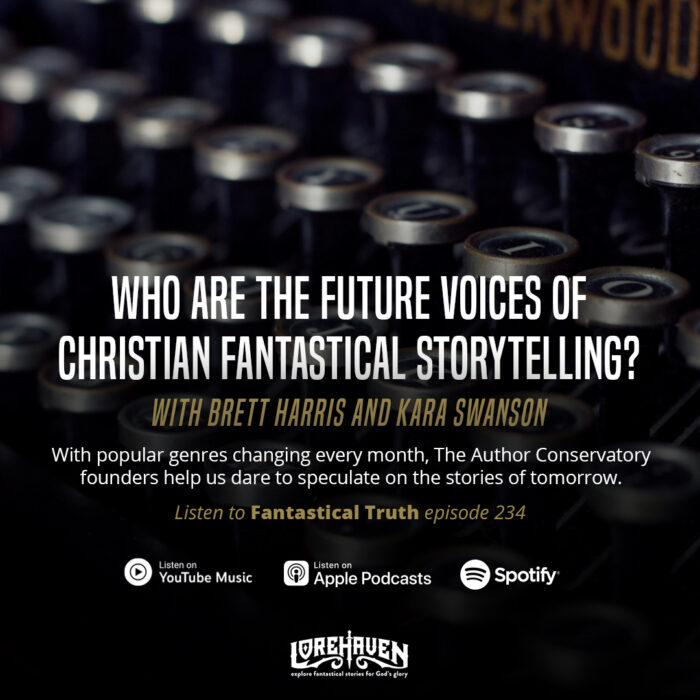


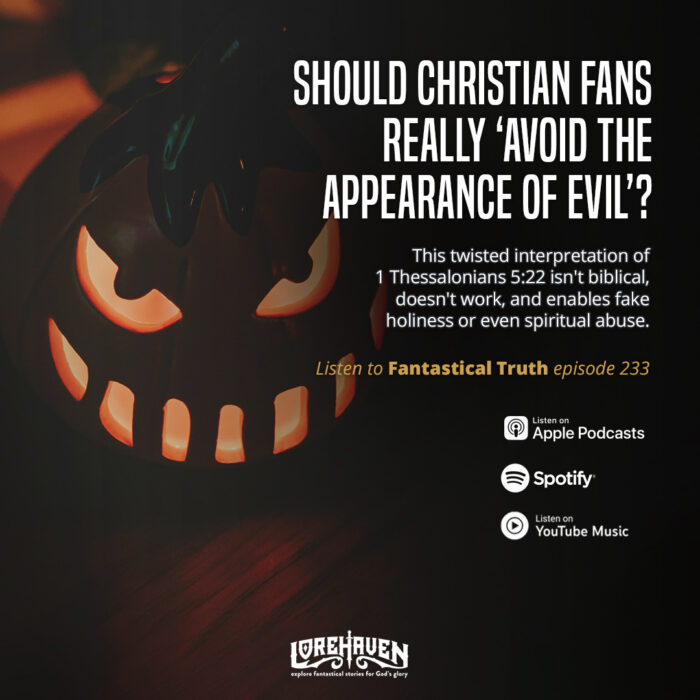




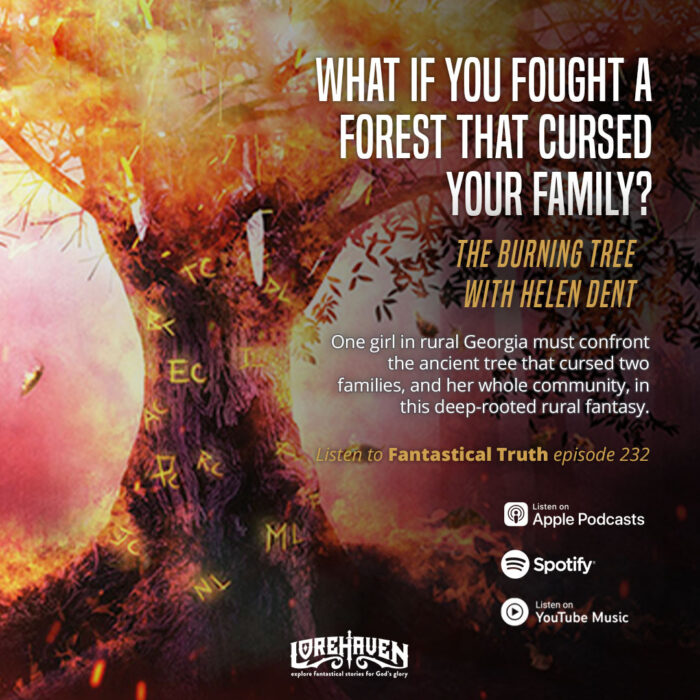

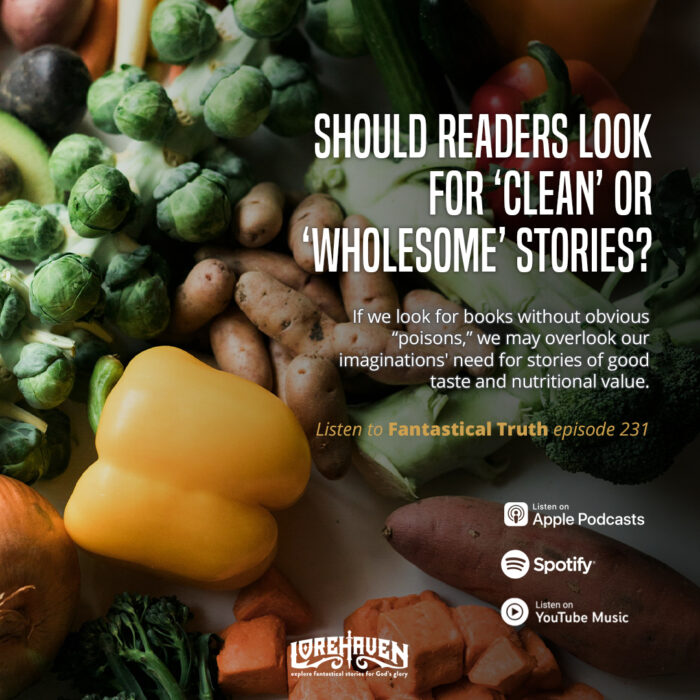
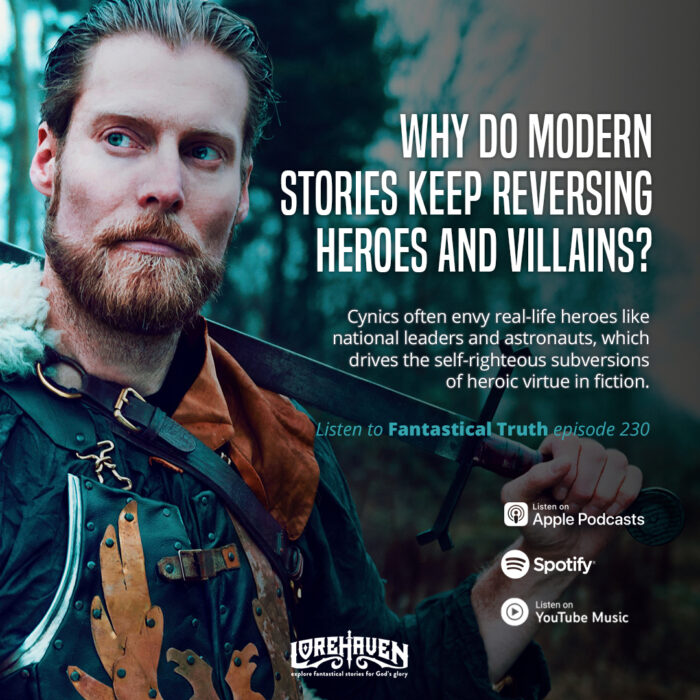







[…] How Weaker Brothers Begin to Boss Christians About Social Justice Issues | E. Stephen Burnett, Feb 22 […]
[…] How Weaker Brothers May Begin to Boss Christians about Social Justice Issues […]
[…] How Weaker Brothers May Begin to Boss Christians about Social Justice Issues […]